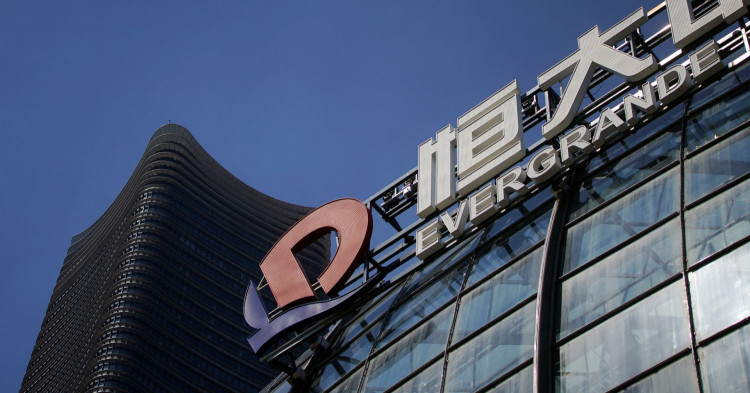China Evergrande Group, the heavily indebted Chinese property behemoth, finds itself at a crucial crossroad. The Hong Kong High Court has extended a five-week grace period for the beleaguered developer to finalize a deal with its creditors. If Evergrande fails to offer a concrete revised restructuring proposal by December 4th, the firm could face imminent liquidation, per Justice Linda Chan's directive.
Facing more than $300 billion in liabilities, Evergrande's descent into a financial quagmire has cast a long shadow over China's property sector-a significant chunk of the nation's economy. The company's struggles have not only shaken global financial markets but also revealed the fragility of the world's second-largest economy.
A significant blow to Evergrande's restructuring plans occurred when its billionaire founder, Hui Ka Yan, came under official scrutiny for alleged criminal activities. Consequently, the developer found itself barred from issuing new dollar bonds by mainland regulators, derailing a pivotal aspect of its restructuring agenda.
In a courtroom twist, Evergrande's representatives disclosed the firm's intentions to "monetize the value" of its two Hong Kong-listed entities. In recent discussions, some bondholders were offered a new plan that would enable them to convert their bonds into equity and bonds linked to two Evergrande subsidiaries. This proposition marks a shift from earlier plans that involved issuing new notes by the parent company.
The world observed the company's stock decline by nearly 10% on Monday. Yet, despite the financial tumult, Neil McDonald, a partner at Kirkland Ellis representing a significant bondholder group, highlighted the court's unambiguous message to Evergrande: this could be the last opportunity to present an acceptable restructuring plan. Legal experts echoed this sentiment, emphasizing that a restructuring might yield better recovery rates for creditors than a sub-3% liquidation scenario.
The company's debt drama began when it defaulted in 2021, an event that rocked global financial markets. The aftershocks were intensified, given that the property sector forms a substantial portion of China's GDP. As the developer grapples with this high-stakes challenge, many stakeholders, including ordinary Chinese citizens awaiting home deliveries, are deeply vested in its fate.
Highlighting the complexity of the situation, Eveline Danubrata, Asia Managing Editor at REDD Intelligence, commented on the uphill battle faced by offshore creditors. The bulk of Evergrande's assets lie within China, requiring the firm to balance the needs of local stakeholders, including homeowners, banks, and governmental officials. She added that, given the intricacies of the situation, foreign creditors may be placed behind Chinese homeowners in terms of priority.
However, Evergrande isn't the only firm in hot water. Logan Group, another property developer, has its winding-up order adjourned to the same December date due to its struggles with liquidity pressures.





